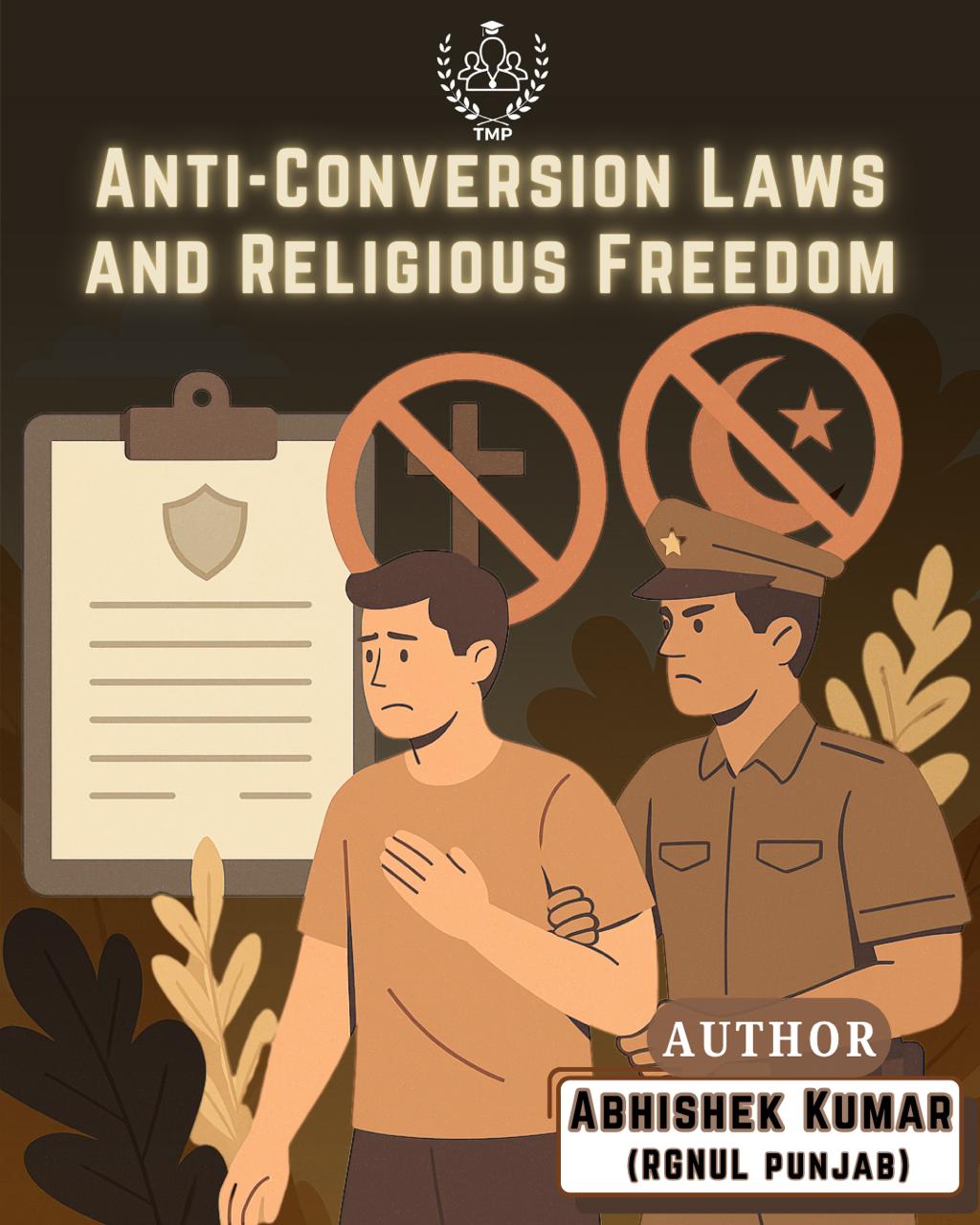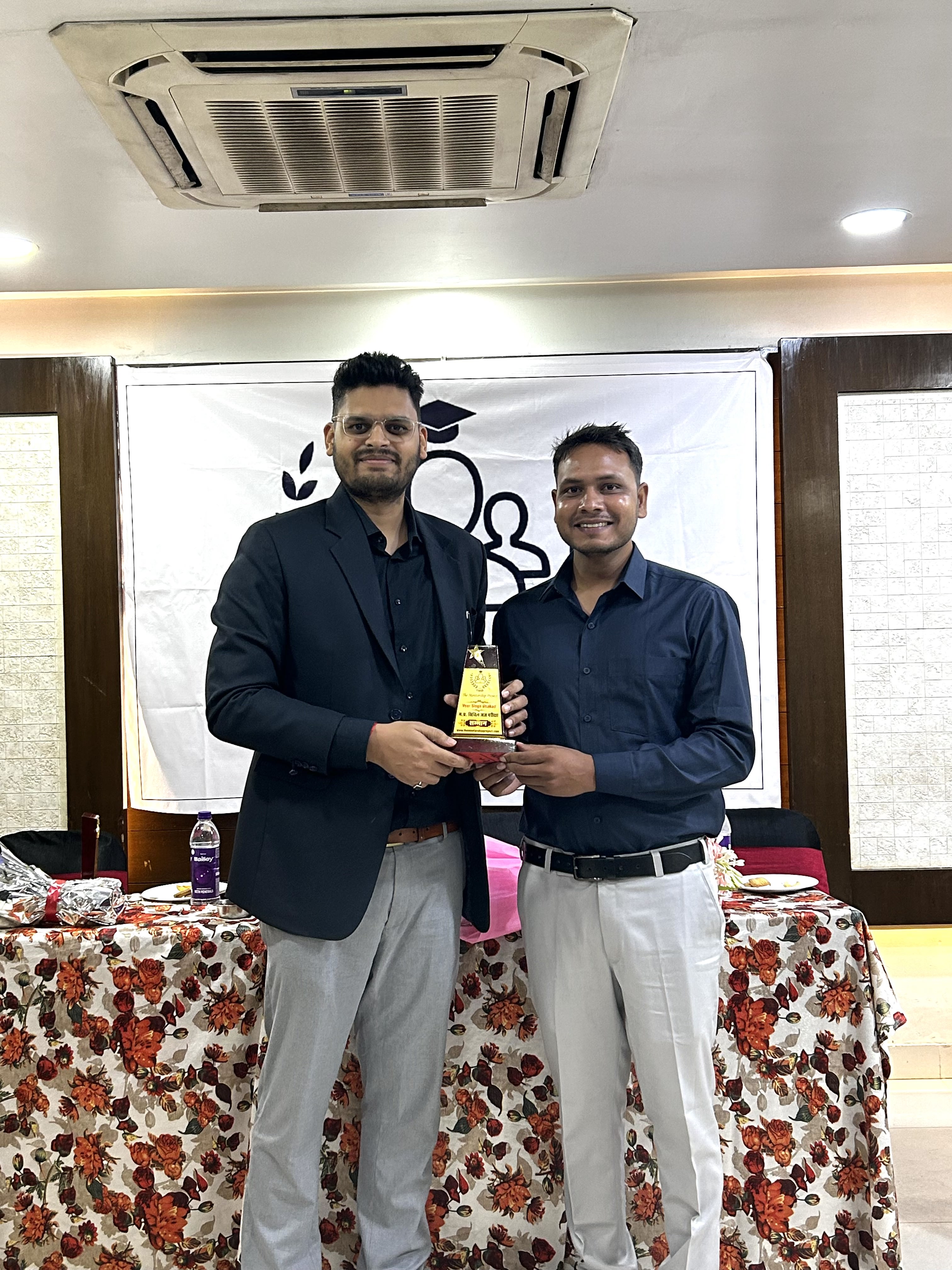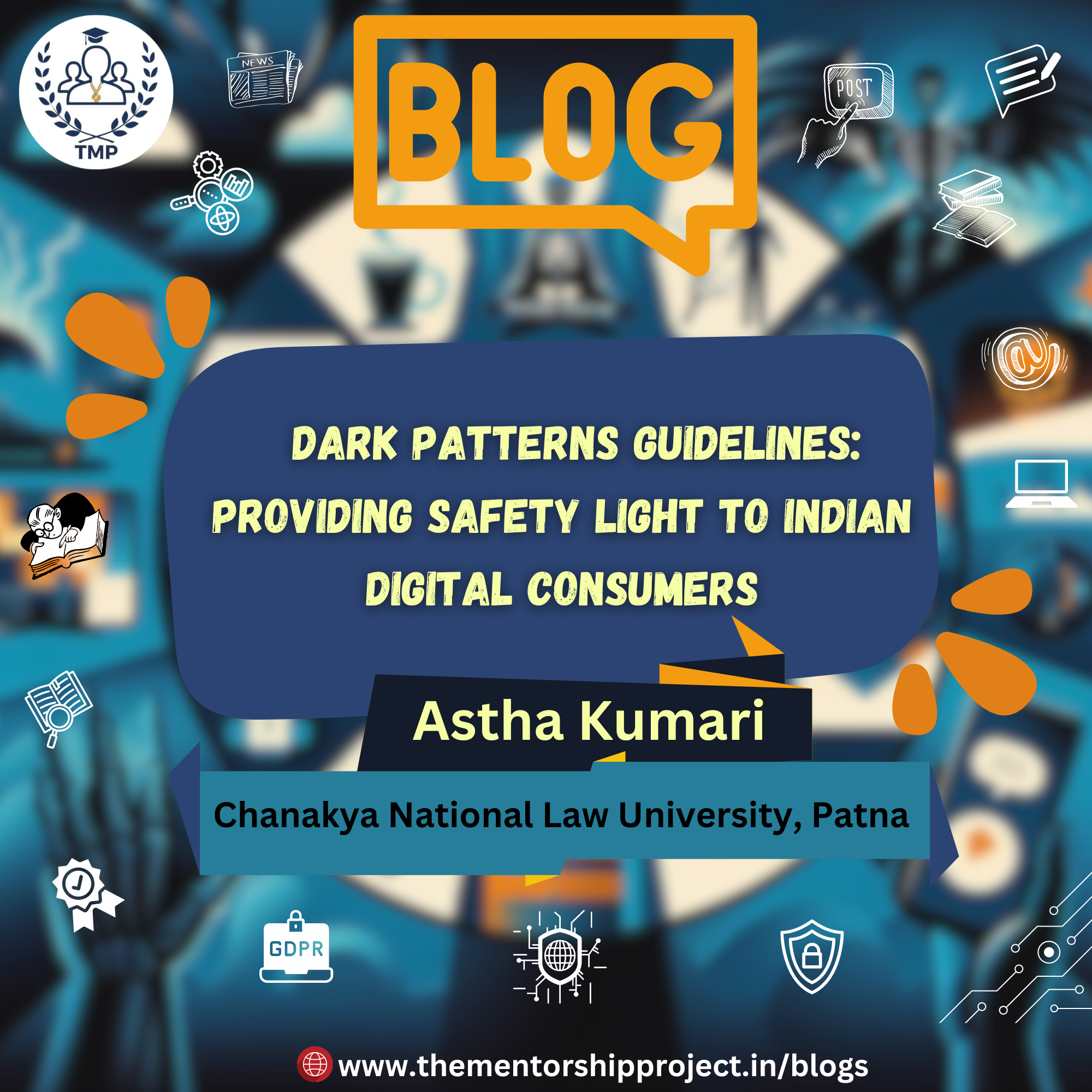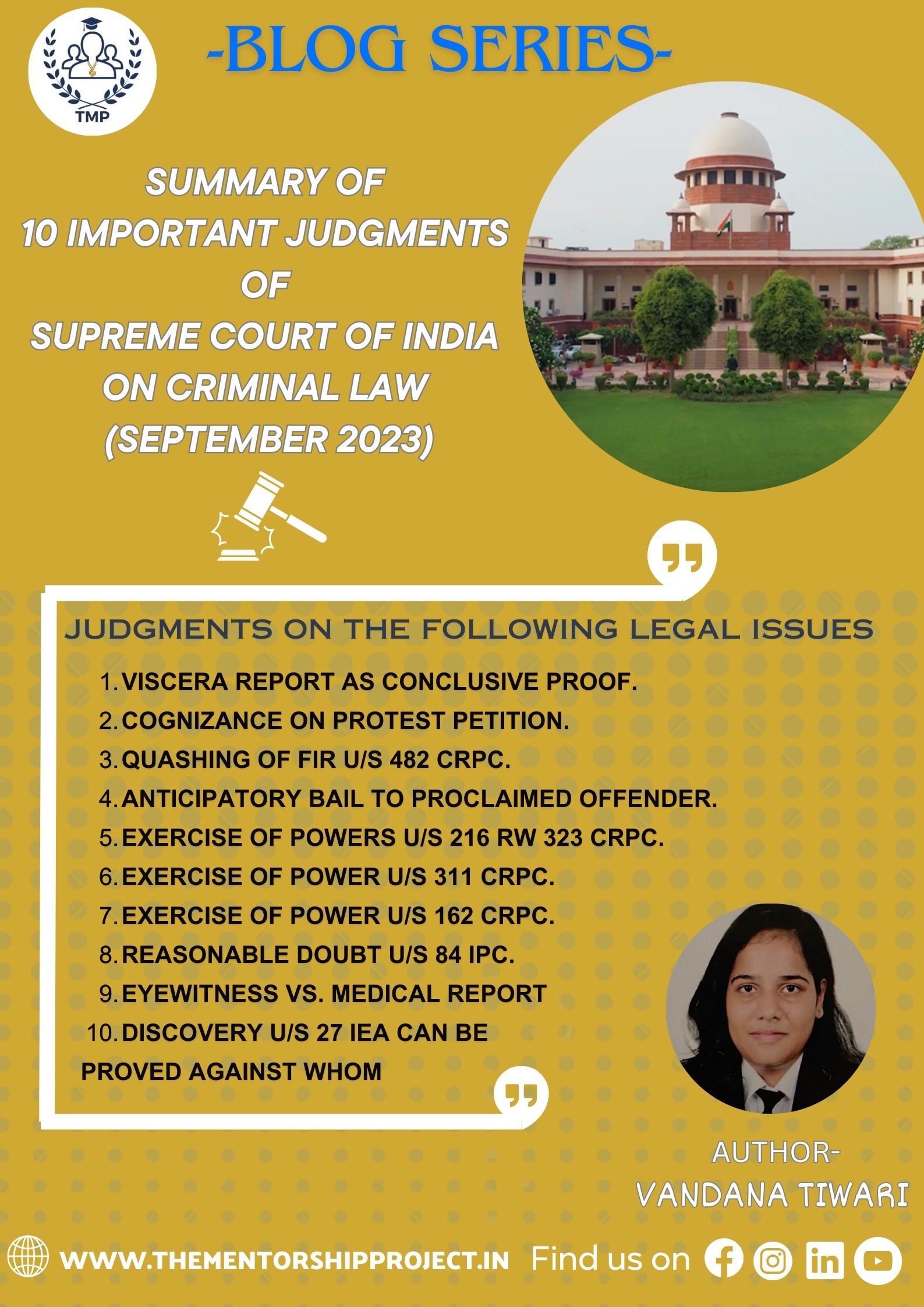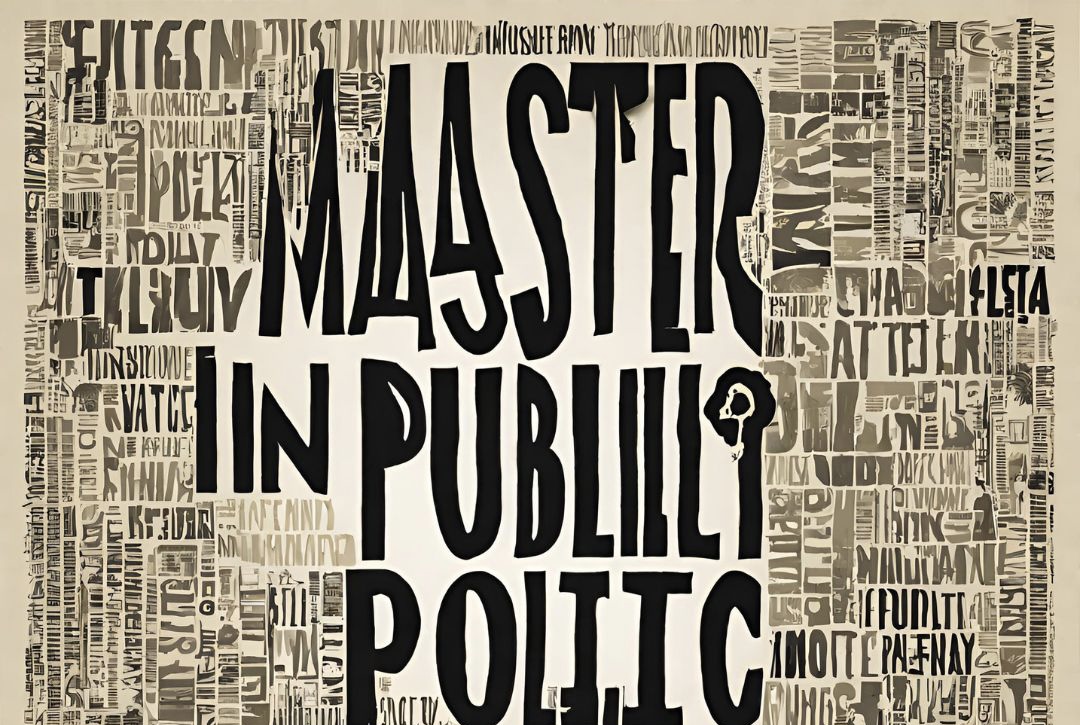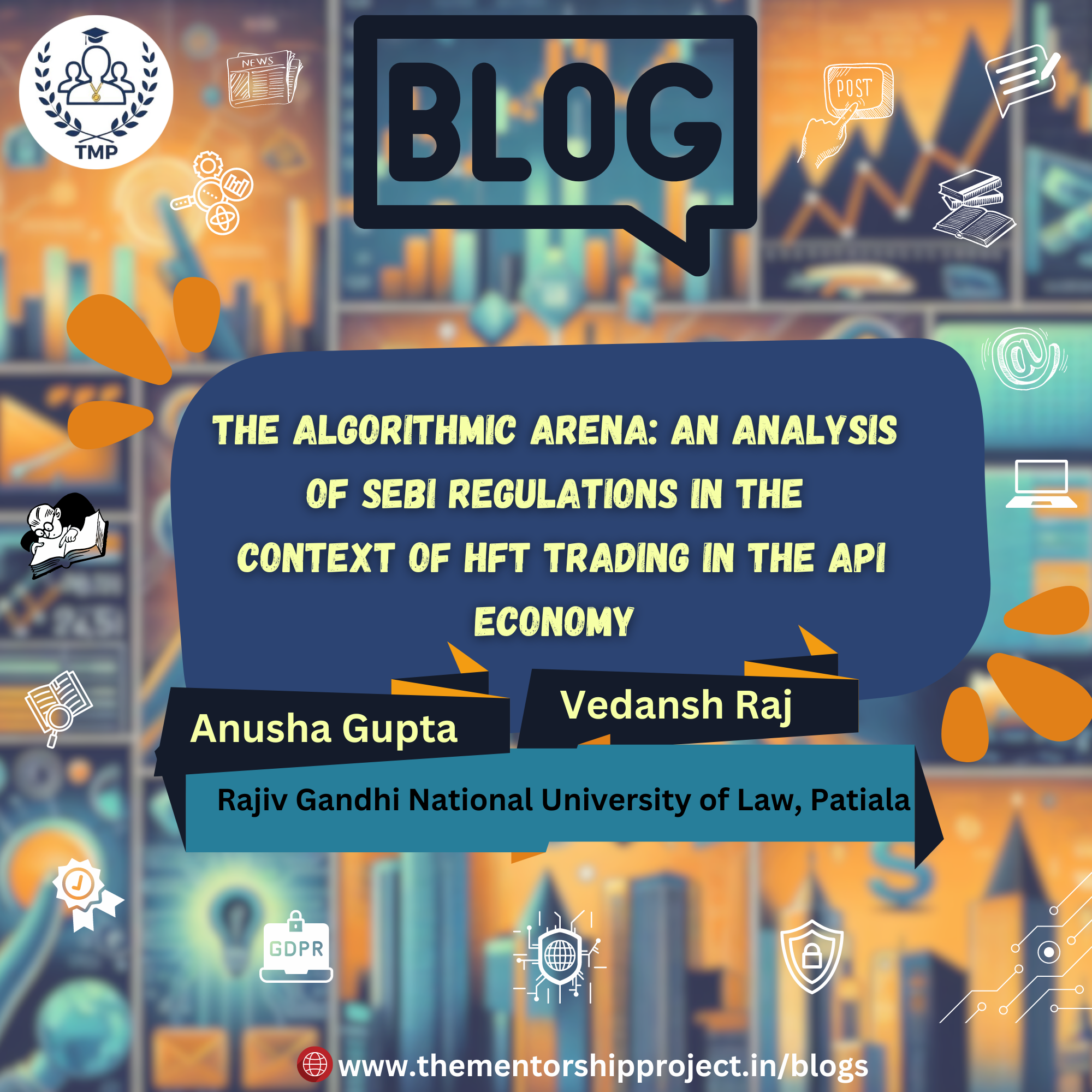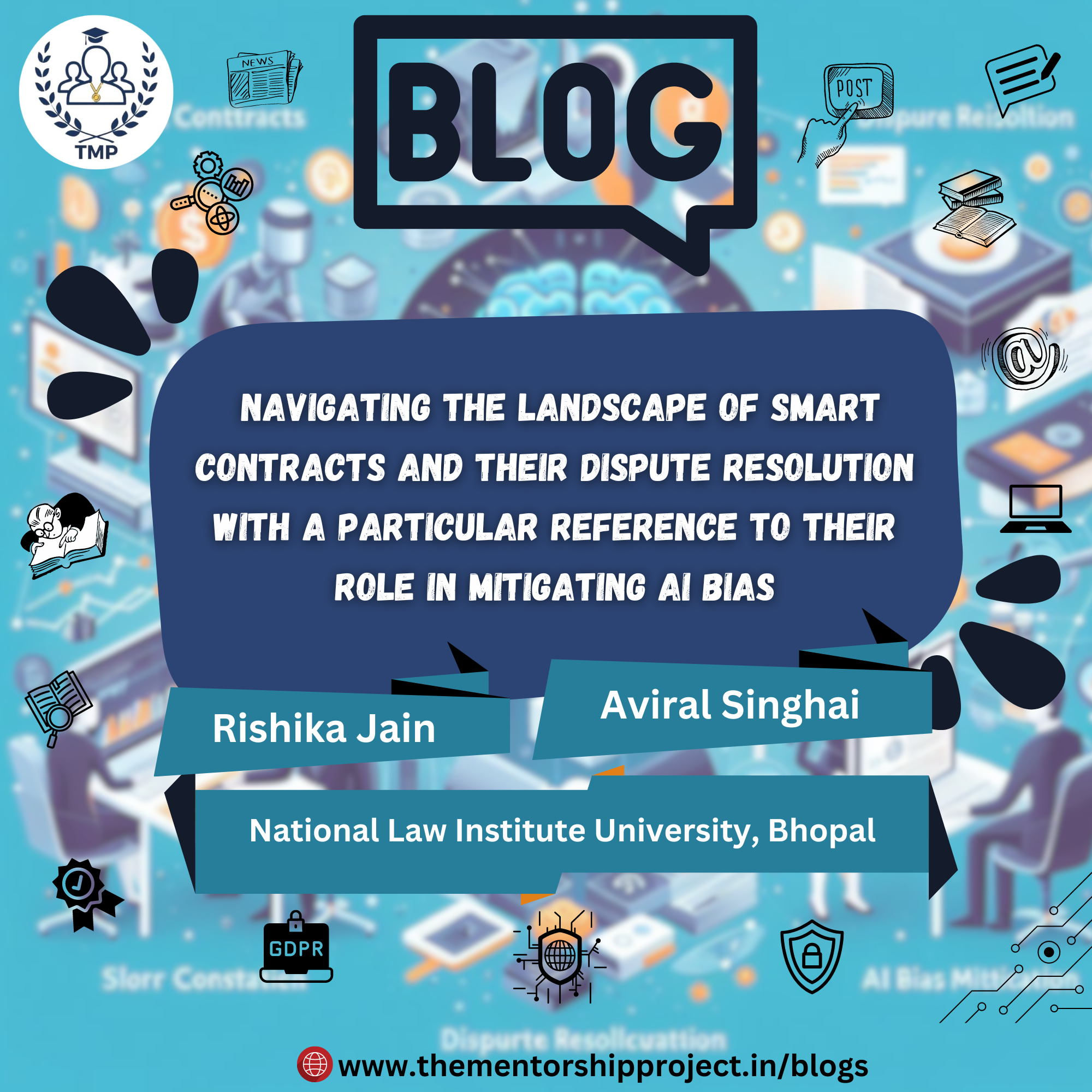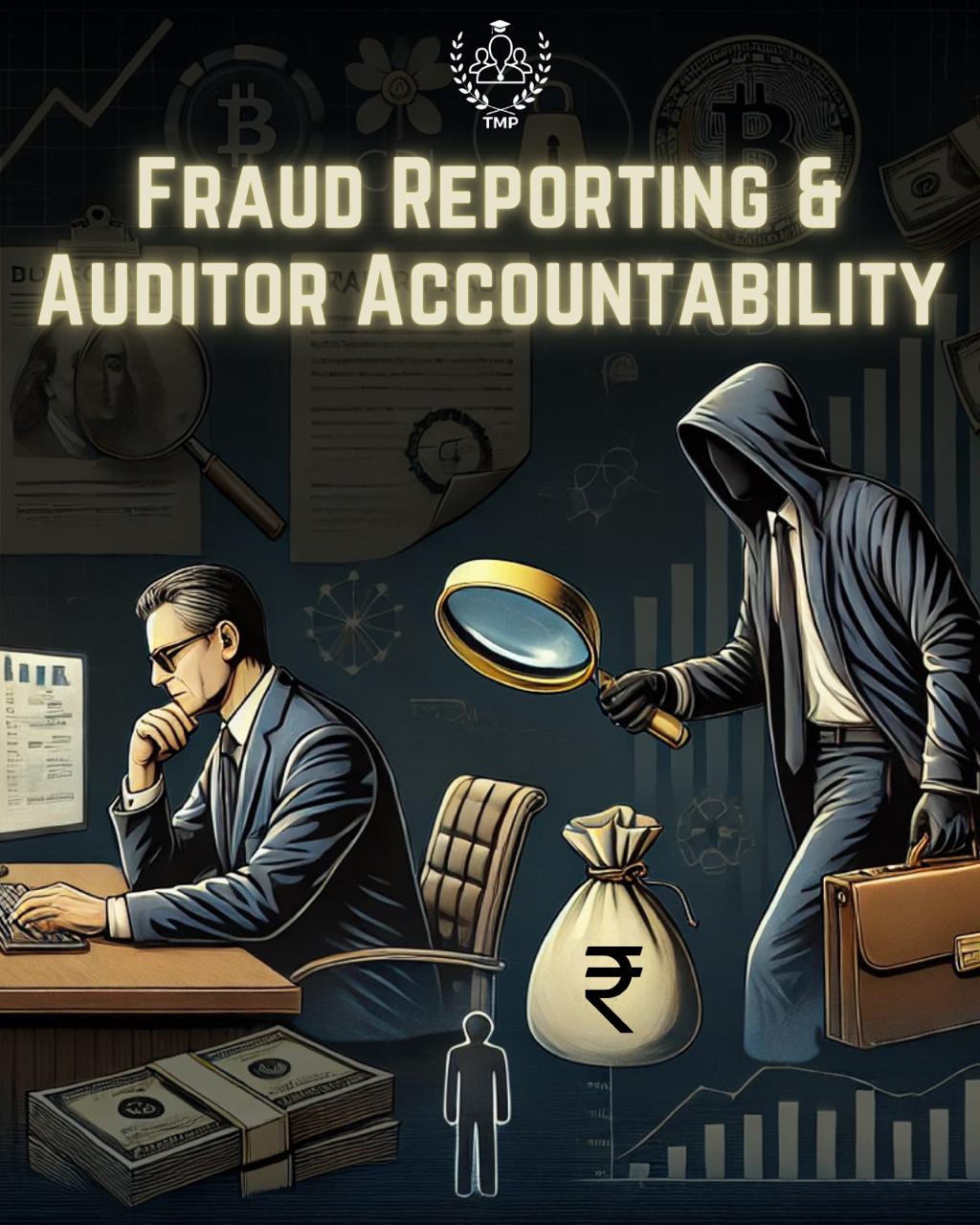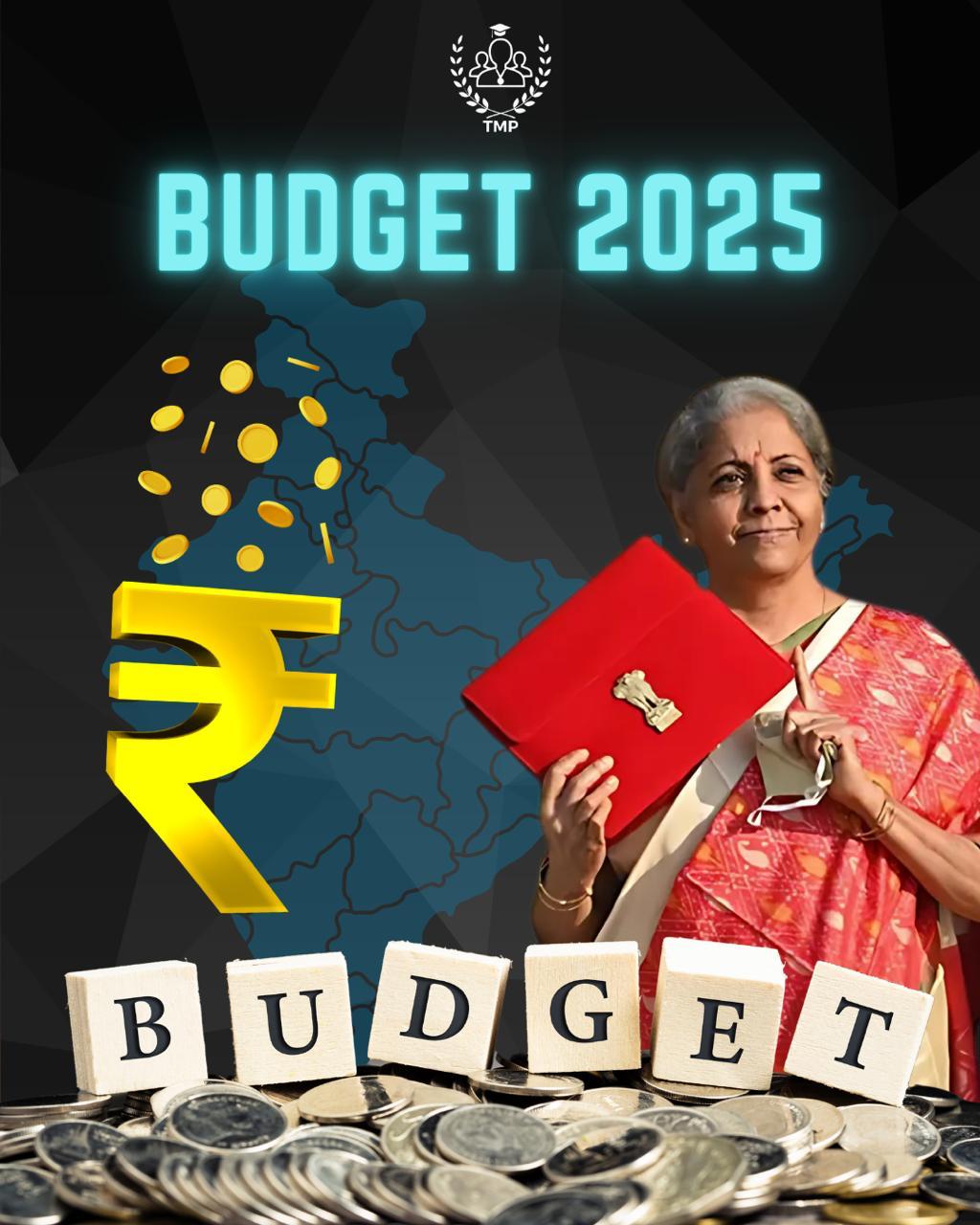June 25 , 2025
Anti-Conversion Laws and Religious Freedom
Abstract
This Article is critical on whether or not anti-conversion laws in India violate an individual’s fundamental right to religious freedom. Whereas the ban on conversions by force, fraud or coercion is in accordance with Article 25 of Indian Constitution and Article 18 of ICCPR, the procedural stipulations which are part of the said laws including prior notice and verification carry grave concerns. These formalities have a chilling effect on individuals whereby they fear to exercise their rights to convert. Analyzing legal provisions and judicial pronouncements and it argues that the present anti-conversion frameworks risk trespassing upon the constitutional freedoms that religious liberty in India is based on.
Foundations of Religious Freedom
Religious freedom refers to the autonomy of an individual to follow their conscience in choosing a religion to profess or opting to remain atheist. This fundamental right has been affirmed through numerous international instruments, including but not limited to, the 1948 Universal Declaration of Human Rights, the 1966 International Covenant on Civil and Political Rights (ICCPR), and the 1981 Declaration on the Elimination of All Forms of Intolerance and Discrimination Based on Religion or Belief.1
Article 18 of the ICCPR provides a comprehensive outline for the protection of religious freedom.2 First, it guarantees the right of every individual to adopt, profess, and practice a religion or belief of their choice. Second, it explicitly states that no form of coercion shall be used to impair this freedom of an individual. Third, it stipulates that the freedom to manifest one's religion or beliefs may be subject only to such limitations as are prescribed by law. Lastly, the provision recognizes the right of parents or legal guardians to ensure the religious and moral education of their children in accordance with their own convictions.
In the Indian constitutional framework, Article 25 of the Constitution provides that it is the fundamental right which entitles all the persons equal right in practicing any religion of their choice.3 However, this right is not absolute and is subject to reasonable restrictions in the interest of public order, health, and morality, as well as other provisions of Part III of the Constitution.
Decentralized Regulation
Till date, there has been no central legislation regulating religious conversions in India. In 2015, Union Law Ministry stated that Parliament does not have capacity to enact such a law as the matter falls under the state list.4 Notably, there have earliest instance like Orissa Freedom of Religion Act of 19675 and Madhya Pradesh Freedom of Religion Act 19686, where states have enacted anti- conversion laws. In recent years, states including Uttarakhand, Jharkhand, Rajasthan, Haryana and Uttar Pradesh have also enacted laws aimed at regulating religious conversion.
These state-level enactments, though varying in language and scope, generally follow a common framework in addressing religious conversions. Most anti-conversion laws in India have two parts
i.e. Unlawful conversion and Procedural Requirements. A typical example can be Uttar Pradesh’s Prohibition of Unlawful Conversion of Religion Act, 2021 (“the Act”). The legislative intent behind this Act is to prohibit religious conversions carried out through fraudulent means, including misrepresentation, force, undue influence, coercion, allurement, or marriage.
Unlawful Conversion: State Laws and Judicial Balance
Section 3 of the Act prohibits conversion carried out through force, misrepresentation, undue influence, fraudulent means or marriage.7 It also provides an exemption for individuals who reconvert to their immediate previous religion. It is discernible that this provision aligns with Article 18(2) of the ICCPR as it also prohibits conversion through coercion including physical
force or penal sanctions.8 Moreover, coercive conversion of non-believers is unconstitutional and subject to the limitations provided under Article 25 of the constitution.
Having said that, the exemption granted in section 3 for reconversions to their immediate previous religion appears arbitrary. If a reconversion is achieved through fraudulent or coercive means, it stands on the same footing as any other unlawful conversion and should be equally punishable. Section 5 of the Act prescribes penalties for violations of Section 3, ranging from three to ten years of imprisonment and a fine of not less than fifty thousand rupees.9
One of the most controversial aspects of anti-conversion laws is conversion through marriage. Section 6 of the Madhya Pradesh Freedom of Religion Act, 2021 states that marriage performed in contravention of section 3 is null and void.10 Marriage done for the sole purpose of unlawful conversion is void. In Hadiya v. Ashokan K.M., the Supreme Court overturned the decision of Kerela High Court which had declared Hadiya’s marriage as “sham”. The Supreme Court held that consenting adults have the right to marry and convert, independent of parental authority.11
In Sarla Mudgal v. Union of India,12 Supreme Court held that conversion to another religion for marriage is permissible provided that such conversion is not to evade legal obligation. The term “unlawful” in Section 6 must be emphasized. Marriages are deemed void only when the associated conversion contravenes the conditions set forth in Section 3. Prerequisite of void marriages under section 6 is that the conversion shall be in contravention of section 3 of the Act.
Procedural Requirements: Freedom with Conditions
Anti-conversion laws in various states mandates prior notification to the respective local authorities by individuals intending to convert their religion. Section 8 of the Act requires individuals to submit a sixty-day advance notice to the District Magistrate.13 Jharkhand Freedom
of Religion Act, 2017 goes even further by mandating anyone indirectly involved in propagation of religion to seek permission from the authorities.14 Karnatak Protection of Right to Freedom of Religion Act, 2022 requires District Magistrates, upon receiving a conversion notice, to make a public call for any objection to the conversion.15
Such notice requirement compels individuals to disclose their religious belief which is violative of General Comment 22 to ICCPR Article 18 which notes that “no one can be compelled to reveal his thoughts or adherence to a religion or belief.”16
The multi-step verification procedures severely obstruct the free exercise of religious conversion. The procedural interruption created by this legislation through notice requirement discourage the individuals from religion conversion. Procedural requirements constitute an arduous process that hinders freedom of an individual to convert to any religion of their choice creates a chilling effect on religious freedom, thereby obstructing the exercise of their fundamental rights. Such Impediments suppress minority religions and propagation of their religion.
Conclusion
Religious freedom is the fundamental right of every individual to choose, change, practice, or reject any religion in accordance with their conscience. It is protected under international human rights instruments and national constitutions, ensuring personal autonomy in belief and safeguarding against coercion or discrimination.
However, anti-conversion laws enacted by several Indian states cannot be said to be completely in consonance with the religious freedom guaranteed by the constitution. While the provisions penalizing unlawful conversion are in accordance with the reasonable restriction provided under Article 25 of the Constitution. However, it is required that the blanket exemption for reconversion of a person to their previous religion should not be exempted from section 3 of the Act and shall be taken into the ambit of unlawful conversion, if carried out through fraudulent or coercive means. Moreover, the mandatory notice requirement provisions obstruct the religious freedom by discouraging individuals from conversion by requiring burdensome, multi-step procedure both before conversion as well as post conversion. These procedural barriers create a chilling effect and undermine the secular and pluralistic character of the Indian Constitution.
Citations
1 U.S. Comm’n on Int’l Religious Freedom, Constitutional Principles Statement (n.d.), https://www.uscirf.gov/sites/default/files/resources/Constitutional principles statement [2].pdf.
2 International Covenant on Civil and Political Rights, art. 18, Dec. 16, 1966, 999 U.N.T.S. 171.
3 INDIA CONST. art. 25.
4 Anoop Ramakrishnan, Anti-Conversion Legislation: Comparison of the UP Ordinances with other state laws, PRS Legislative Research (Dec. 17, 2020), https://prsindia.org/theprsblog/anti-conversion-legislation-comparison-of-the- up-ordinances-with-other-state-laws.
5 Orissa Freedom of Religion Act, 1967, No. 2, Acts of Orissa State Legislature, 1968 (India).
6 Madhya Pradesh Freedom of Religion Act, 1968, No. 27, Acts of Madhya Pradesh State Legislature, 1968 (India).
7 Uttar Pradesh Prohibition of Unlawful Conversion of Religion Act, No. 3 of 2021, § 3, Acts of Uttar Pradesh State Legislature, 2021 (India).
8 U.N. Human Rights Comm., General Comment No. 22: Article 18 (Freedom of Thought, Conscience or Religion),
U.N. Doc. CCPR/C/21/Rev.1/Add.4 (July 30, 1993), https://www.refworld.org/legal/general/hrc/1993/en/13375.
9 Uttar Pradesh Prohibition of Unlawful Conversion of Religion Act, No. 3 of 2021, § 5, as amended by Uttar Pradesh Act No. 7 of 2024, Acts of Uttar Pradesh State Legislature, 2024 (India).
10 Madhya Pradesh Freedom of Religion Act, No. 5 of 2021, § 6, Acts of Madhya Pradesh State Legislature, 2021 (India).
11 Shafin Jahan v. Asokan K.M. & Ors., (2018) 16 S.C.C. 368.
12 Sarla Mudgal v. Union of India, (1995) 3 S.C.C. 635.
13 Uttar Pradesh Prohibition of Unlawful Conversion of Religion Act, No. 3 of 2021, § 8, Acts of Uttar Pradesh State Legislature, 2021 (India).
14 Jharkhand Freedom of Religion Act, No. 17 of 2017, § 6, Acts of Jharkhand State Legislature, 2017 (India).
15 Karnataka Protection of Right to Freedom of Religion Act, No. 25 of 2022, § 8, Acts of Karnataka State Legislature, 2022 (India).
16 U.N. Human Rights Comm., General Comment No. 22: Article 18 (Freedom of Thought, Conscience or Religion),
U.N. Doc. CCPR/C/21/Rev.1/Add.4 (July 30, 1993), https://www.refworld.org/legal/general/hrc/1993/en/13375.
(Authored by Abhishek Kumar, Student at Rajiv Gandhi National University of Law, Views Expressed are Personal)

